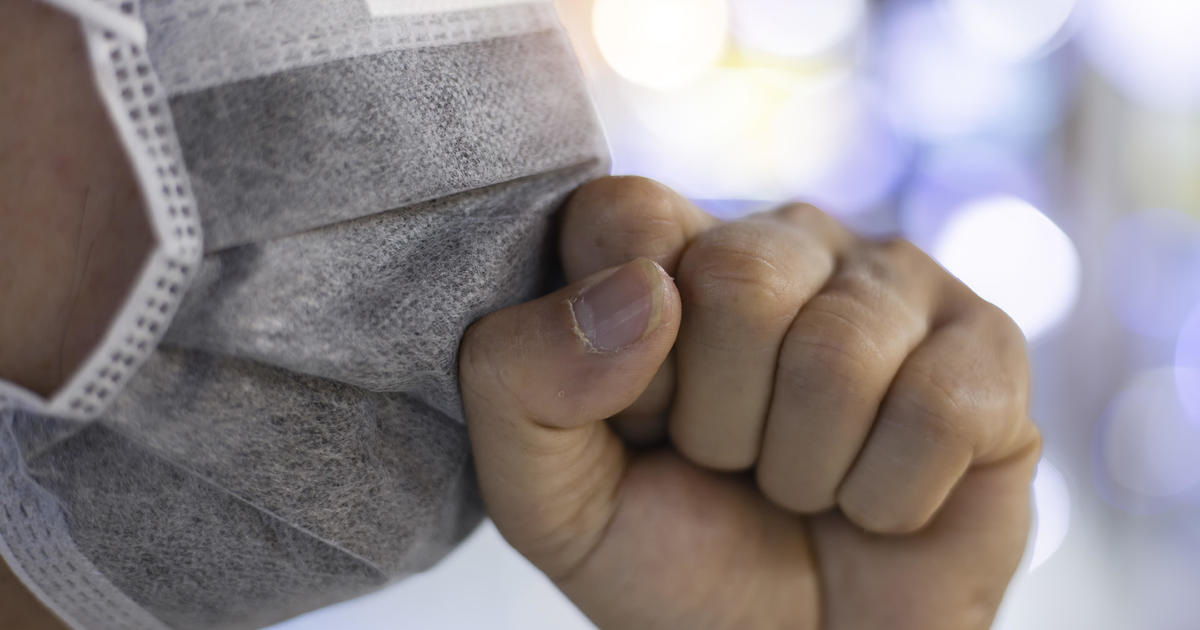- 2 Posts
- 17 Comments
Kinda relevant XKCD


I didn’t see anything in the study looking at that aspect; but we may see future studies that reveal more, if interest in those alleles grows.
The immune system really is incredibly complex, so you just never know. Maybe someone will do a meta-study that looks at some other common denominators among the sample groups.

The study was specifically using samples they had before the pandemic hit. They did go into more studies (to try and verify their findings) that did include a vaccinated person, but they were mainly focused on samples before the pandemic/vaccines.
They go into the possible short-fallings of their studies, but nonetheless it does show promising interest
And idk if it could become something “injectable”, but I think that would be the goal. Or to at least have a better understanding of how to make vaccines more effective/targeted. I’m not sure, but I’ve always said from the beginning of the pandemic, “I can’t wait to see the studies that will come from this over the next following years/decades”.

I was referring to genetic testing for the T-Cell alleles (that the study refers to) that were more present in some of the population, before Covid hit.
I’ve already been vaccinated and exposed, so I’m not entirely sure how that effects the results of testing for those alleles now (I’m no immunologist)… but just curious
And just a side note for clarity: “Antibody” testing will detect prior infection and/or vaccination. “Antigen” testing can detect current infection, which is what I think you’re referring to. It gets confusing, and I STILL get tripped up with my terminology… and I work directly with covid-19 patients (in the hospital) and the testing to see if we can take them out of isolation precautions. I actually just had to do a swab for “Antigen PCR” testing 2 days ago, which is why it’s kinda fresh in my brain right now. So “antibody” means exposed (either infection or vaccination), but doesn’t really mean “contagious”. “Antigen” means possibly still contagious… I’m pretty sure. This is not medical advice lol

I found this research interesting because of personal anecdote:
My family and I have joked that my mom must have some kind of immunity to covid. Before a vaccine was available, she had several direct (and sometimes lengthy) exposures… but never any (noticeable) symptoms or illness. And after being vaccinated with the monovalent rounds, she had several direct exposures to omicron… and still nothing
I myself have worked the front lines as an ICU nurse in the US since the first wave, and have never had covid, that I know of. Never symptomatic and never tested positive (granted, I am much more fastidious in regards to infection prevention). The kicker on my end is that my wife is immunosuppressed, and she also has never gotten covid, even with me working covid units and coming home to her (also why I have been so incredibly anal about not bringing it home).
Could be luck, or anything in-between, but I still wonder if my mom and I are resistant. We both have had many (sometimes severe) respiratory infections when I was growing up, and I’ve wondered if those exposures to other Corona viruses helped train our immune systems.
Like I said, that’s my personal anecdote. We both still get every vaccine for covid-19 that becomes available, because fuck all that. But I’ve always been curious what future studies of the immune system might reveal. Because we have been wildly lucky, all things considered





So you’re somewhere between 18 and 58 than